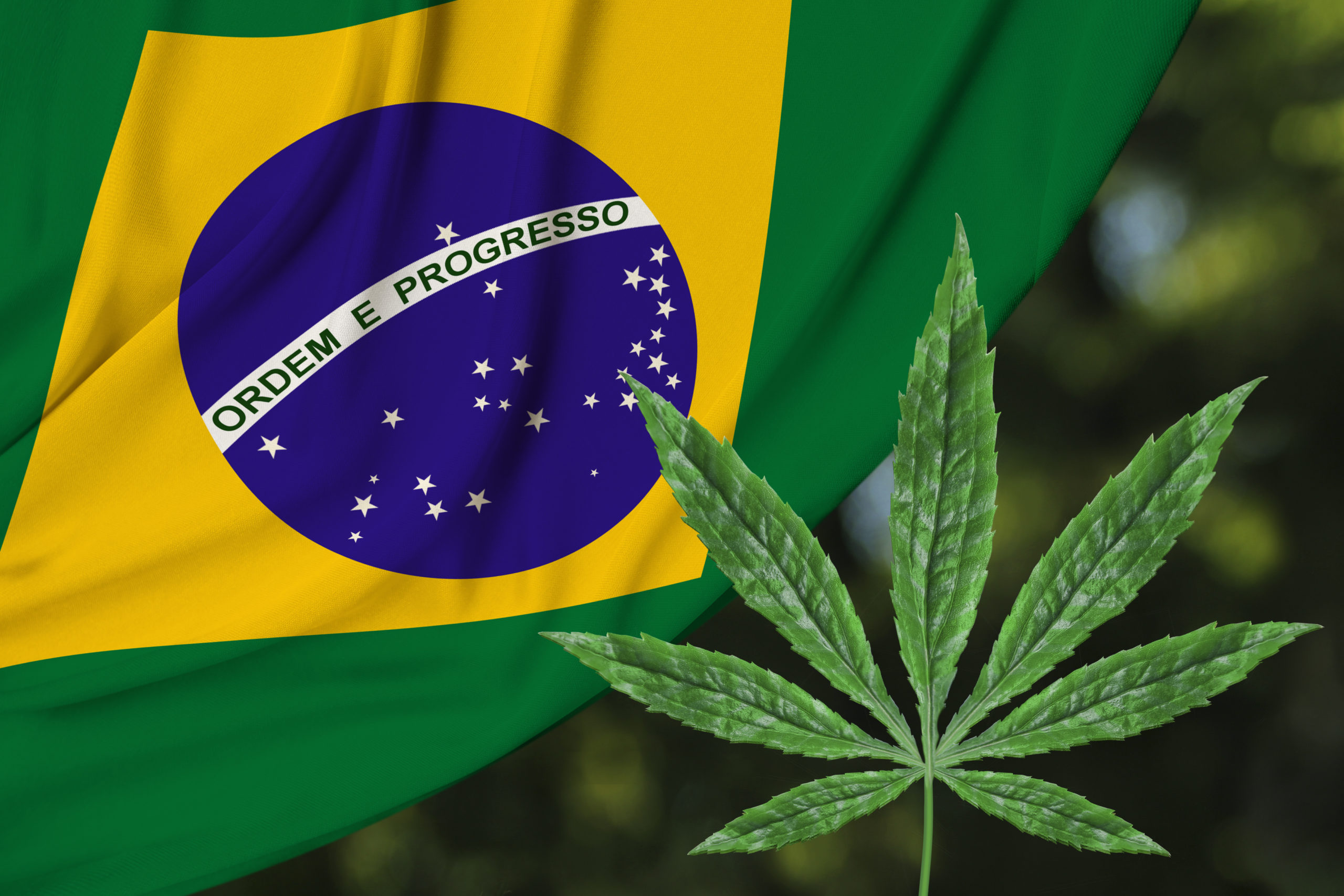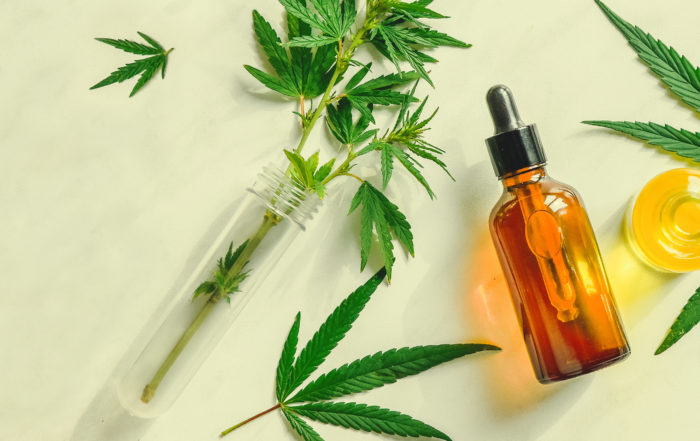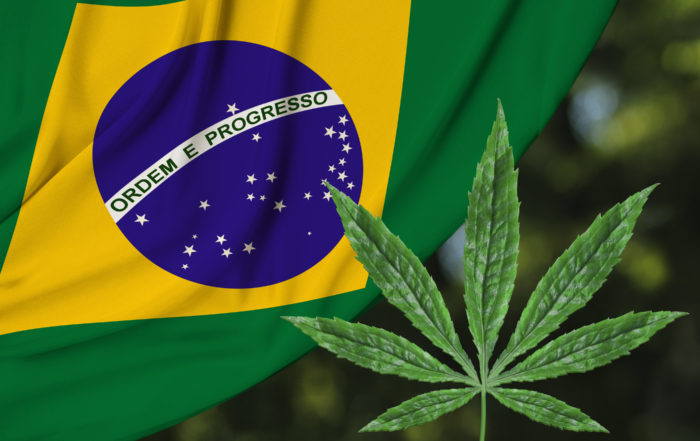
Brazil: New Regulation of Cannabis-Based Drugs Coming Soon
By Roberto Rodrigues, Karlo Tinoco, Ana Luiza Calil
Medical use of drugs containing substances derived from cannabis has been a hot topic in Brazil since 2014, when evidence of cannabidiol’s (CBD) efficacy in relieving patients’ symptoms associated with debilitating conditions was used to request a regulatory framework for drugs containing such substance. After reviewing the matter, in 2015, the Brazilian Health Surveillance Agency (known as ANVISA) issued Rule #17/2015 allowing the import of CBD-based drugs under strict conditions for patients’ own use. CBD was then reclassified from “illegal substance” to “controlled substance”.
In this context, Mevatyl®, the first and sole drug containing substances derived from cannabis, obtained registration from ANVISA. However, due to new research developments on the medical use of CBD, ANVISA decided to consider the issuance of additional new rules regarding the regulation of cannabis-based medical products and synthetic analogues. These rules address registration and administrative requirements for cultivating cannabis for medicinal and scientific purposes.
The public consultation to update the regulatory framework was approved on June 11, 2019, and Proposal #654, addressing the regulation of registration of medicinal products based on cannabis, was published on June 13, 2019. Since then, ANVISA has held public hearings and received 554 comments from local and international stakeholders. Ninety-two percent of the contributions are from individuals.
Proposal #654 aims to provide Brazilian patients better access to such drugs with the necessary pharmacovigilance and quality monitoring. The proposed regulation applies only to cannabis-based medicinal products, their derivatives, and synthetic analogues for which therapeutic indication is restricted to patients with severe debilitating diseases and/or life-threatening diseases and that have no alternative treatment. In this sense, the proposed provisions establish strict rules for obtaining and renewing the registration before ANVISA.
Following Article 5 of the proposed regulation, when applying for registration of cannabis-based medicines, companies need to provide the description of the disease for which the drug will be indicated, as well as the relevance of the drug to treat the disease and technical and scientific literature to demonstrate its safety. Failure to provide such documents leads to the rejection of the application.
Safety and effectiveness may be supported by non-clinical and clinical safety and efficacy reports, as well as clinical rationale of drug development. If published technical-scientific documentation analyzes non-clinical and clinical trials, these documents must be submitted to ANVISA for specific evaluation as to the quality and representativeness of the study. If the published non-clinical and clinical trials are valid, copies of all related technical and scientific documents must be presented to ANVISA, avoiding the presentation of new studies.
If published literature data partially or wholly supports clinical safety and efficacy, then the company must provide evidence of market experience with the same active ingredient, under the same conditions of use. If the company relies on published literature data and market experience to support clinical safety and efficacy, it must provide evidence demonstrating adequacy of the data for the proposed therapeutic indication in terms of dosage, target population, intervention, and outcomes.
For cannabis-based medicines already registered in other countries, Article 7 of the proposed regulation establishes an obligation to present the technical reports issued by the foreign authorities, when available. Moreover, companies may file the applications with ongoing long-term stability studies, and safety and efficacy reports may present Phase II studies completed or Phase III studies ongoing, if feasible.
Companies interested in obtaining registration shall request a pre-submission meeting for presenting their product before filing an application, which may be submitted in the CTD format. If necessary, and after signing a Term of Commitment, companies may submit additional documents after the registration has been granted. Failure to comply with the above commitments may result in cancellation of the registration.
A risk minimization plan is mandatory and must be submitted at the time of registration. Through the national drug control system, ANVISA must monitor the impacts of the registered medicine pursuant to the pharmacovigilance regulations.
For the registration renewal, companies must submit a Phase III clinical study or substitutive study and benefit/risk report concerning the medicine. Failure to comply with this requirement shall result in the rejection of the renewal request and cancellation of the registration.
Finally, companies that have obtained a registration must submit the documents describing the maximum price of the medicine within thirty days of the granting, and the registered medicines should begin to be marketed within 365 days of the granting. Failure to comply with these provisions shall result in cancellation of the registration.
The Public Consultation ended on August 19, the next step for the ANVISA directors tasked with making a final decision is to analyze the received text and contributions. After preparing a report of public consultation contributions, the Agency’s board will hold a public session, setting an agenda and date that will be disclosed, to deliberate on the topic.
The regulatory framework proposed by ANVISA provides mechanisms capable of ensuring the safety and efficacity of cannabis-based medicinal products, their derivatives and synthetic analogues for commercialization in Brazil. Although some government officials, such as the Brazilian Federal Council of Medicine and the Brazilian Psychiatric Association, oppose the adoption of such regulation, this important step shall not only give patients dependent on the public health system access to modern medicines, but also foster the Brazilian economy by attracting foreign companies to invest in the country.
Update Magazine
November/December 2019





